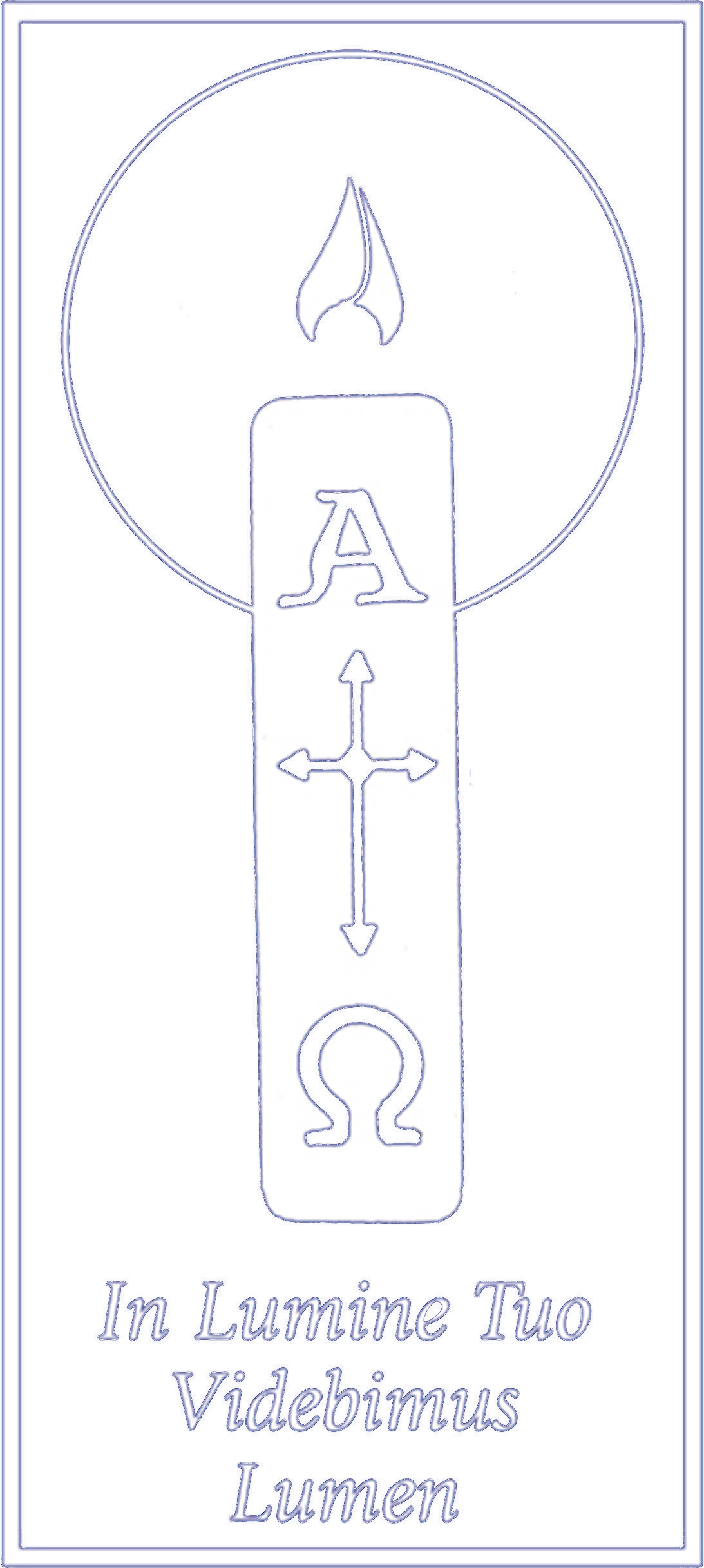Religion and Religious Expression in the Academy and Public Life

-
Religion and Religious Expression in the Academy and Public Life
Join us for a discussion on religion and religious expression in the academy and public life featuring Ross Douthat, a panel of scholars, and moderated by Willemien Otten (Professor of Theology and of the History of Christianity and Director of the Martin Marty Center for the Public Understanding of Religion at the University of Chicago Divinity School).
Presented by the Lumen Christi Institute,The Martin Marty Center for the Public Understanding of Religion at the Divinity School,The Institute of Politics, and the International House Global Voices Program.
Free and open to the public. Persons with disabilities who may need assistance should contact the Office of Programs & External Relations in advance at 773-753-2274 or here.
Ross Douthat also delivered a luncheon address on "The State of Religion in America" at the University Club of Chicago on January 18.
You can subscribe to the Lumen Christi Institute Podcast via our Soundcloud page, iTunes channel, Stitcher, TuneIn, ListenNotes, Podbean, Pocket Casts, and Google Play Music.
Photo courtesy of the Chicago Institute of Politics.





